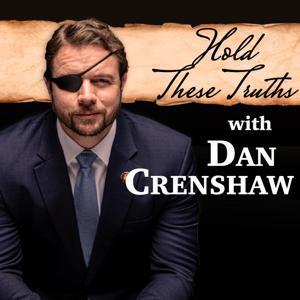Recorded on October 10, 2025 and September 8, 2025
https://youtu.be/fXaYfXJ4-hk
Episode 142 of the PetroNerds podcast is an energy dense mic drop special with Trisha Curtis and Stuart Turley. Trisha Curtis, CEO of PetroNerds and host of the PetroNerds podcast, is a guest on Stuart Turley’s Energy News Beat podcast. Stuart is also the CEO of Sandstone Group.
This is a heavy hitting podcast covering “peak shale” and “peak Permian,” OPEC, Russia’s war in Ukraine, China, and rising electricity prices in the US. Before this podcast starts, Trisha takes the time to introduce the episode and explain to listeners what is happening with rare earth export restrictions from China, Trump’s Truth Social response, and the market fallout.
In this episode of Energy Newsbeat – Conversations in Energy, Stu Turley dives deep with Trisha Curtis, CEO of PetroNerds, in a no-holds-barred conversation on the myths of peak Permian, U.S. shale resilience, OPEC’s bluff, China’s global energy influence, rising electricity costs, the EU’s energy collapse, and the urgent need for pragmatic U.S. energy policy.
From oilfield boots-on-the-ground insights to the geopolitical chessboard, this is a masterclass in energy dominance, national security, and market realities. Don’t miss it. I had an absolute blast visiting with Trisha, and she is truly a national treasure. Very much like Meredith Angwin is to nuclear, Trisha is to oil and gas.
I really appreciate her taking the time to stop by the podcast. Connect with Trisha on LinkedIn: https://www.linkedin.com/in/trisha-curtis-petronerds/ and on her website: https://petronerds.com/



























